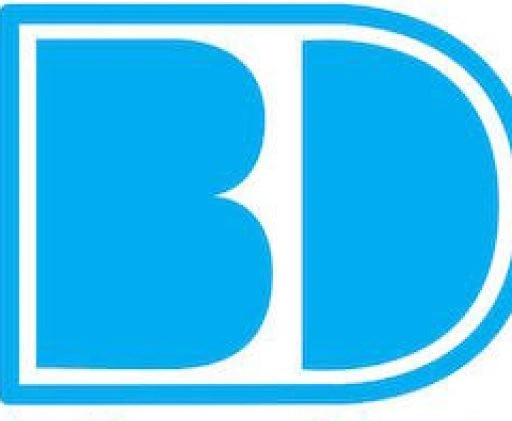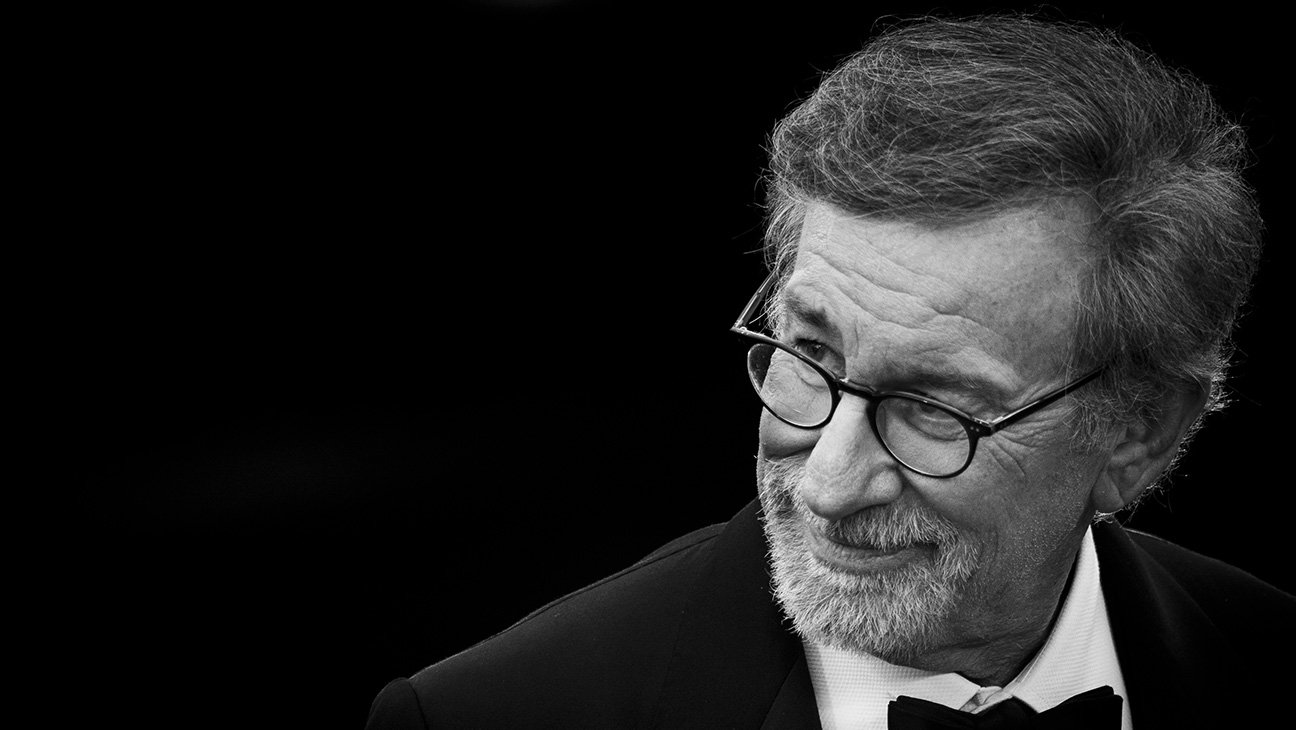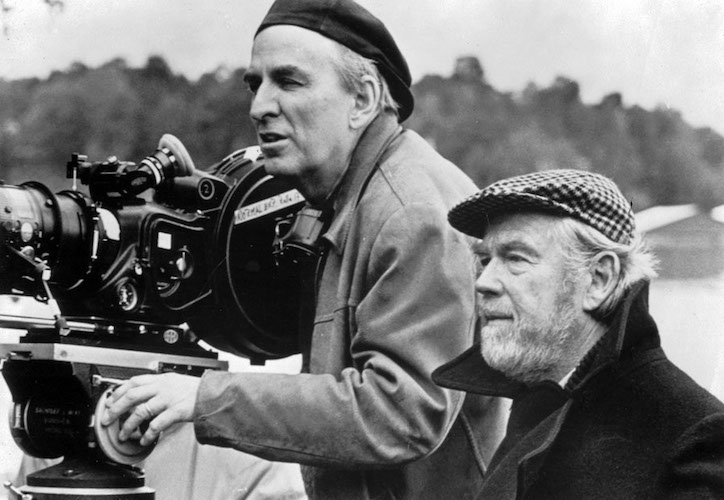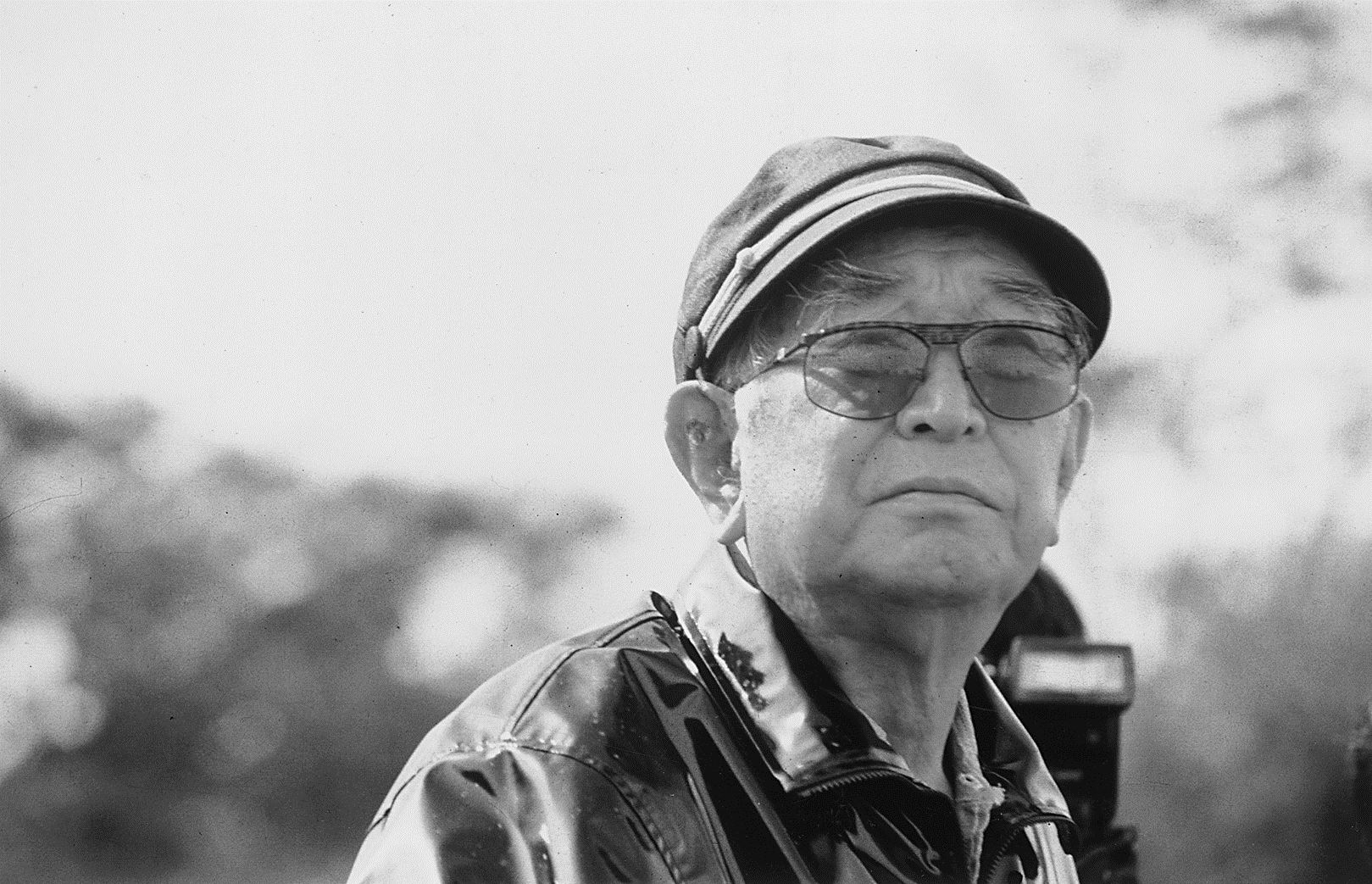Ever since the 1975 movie Jaws hit the box office, Hollywood had a new definition for the word blockbuster. The man behind the milestone movie was none other than Steven Spielberg, who cast a spell on Hollywood box office and bridged magic and cinema in a hitherto unseen way. Magic and hope are the two keywords representing Spielberg’s long line of filmography. Even though, he diversified later into more humanistic movies like Empire of the Sun (1987), Schindler’s List (1993), Amistad (1997), Saving Private Ryan (1998), and Munich (2005), he laid the foundation for the genre Sci-Fi and adventure with movies like Jaws (1975), Close Encounters of the Third Kind (1977), Raiders of the Lost Ark (1981), and E.T. The Extraterrestrial (1982).
Following the lineage of pioneers like George Melies, Spielberg’s earlier movies are considered as the milestones in Hollywood’s bandwagon of science fiction and adventure. His fascination towards special effects and fantasy worlds makes Spielberg a close collaborator of dreams, a word he later lent for his production house, DreamWorks Studios. In this very personal and intimate conversation, Spielberg reveals his deep and intense connection with dreams and special effects and his first accidental and quite a dreamy encounter with the phenomenon, cinema.
Spielberg says he was tricked by his father when he was 6 or 7 years old and had been taken to “The Greatest Show on Earth.” At first, the little Spielberg thought it was a circus show and, with a titillated description, he remembered his thrill, excitement and the feeling of betrayal felt towards his father when he realized they had stepped into a movie theater. The kid was witnessing The Greatest Show on Earth, the iconic movie directed by Cecil B. DeMille in 1952. Spielberg also finds his fan moment when two trains crashed each other in the movie, a scene left a permanent imprint on his mind, and soon he started recreating the train wreck with his toy trains.
But, this recreation of the scene from The Greatest Show on Earth landed him trouble as his father caught him with damaged trains more than once. Spielberg was in no mood to turn back and had devised a plan to shoot the train wreck with his father’s 8mm Kodak movie camera, so that he can watch it again and again, and that was the beginning of an epic journey full of special effects, phenomenal movies in almost all genres and a number of Academy Awards.
Spielberg concludes the conversation with a valuable revelation about identifying ourselves with what we want to do with our lives. He says a real dream never hit you in the face from your front, but it would take hold of you intuitively from behind. He stops on a magical note, like in most of his movies, saying that a true dream never shouts, but whispers in your ear and hence it is important to listen to your inner voice.
Written By- Ragesh Dipu
Image Courtesy- www.hollywoodreporter.com




